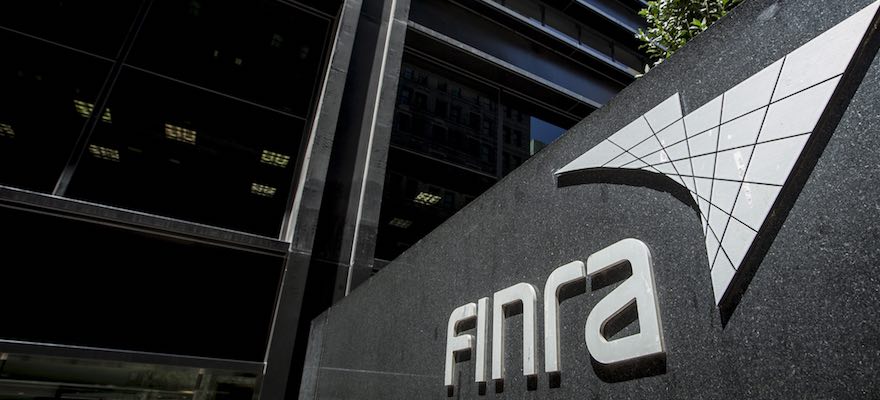The Financial Industry Regulatory Authority (FINRA) has announced that it has fined Morgan Stanley Smith Barney LLC, one of the major Wall Street banks, $10 million for violating anti-money laundering rules (AML) for a period of more than five years.
According to FINRA, Morgan Stanley failed to follow three major requirements of the Bank Secrecy Act. The agency detailed that though the Wall Street giant automated its AML surveillance system, it did not receive critical data from several systems, which undermined the firm’s surveillance of tens of billions of dollars of wire and foreign currency transfers, including transfers to and from countries known for having a high money-laundering risk.
In addition, Morgan Stanley did not keep enough resources to review alerts generated by its automated AML surveillance system. Moreover, the firm was also accused of ignoring the alerts without investigating the suspicious wire transfers. The bank didn’t even monitor customers’ deposits and trades in penny stocks for potentially suspicious activity. According to the agency, Morgan Stanley’s customers deposited approximately 2.7 billion shares of penny stock, which resulted in subsequent sales totaling approximately $164 million during that period.
Mandatory AML Rules
Commenting on this violation, Susan Schroeder, Executive Vice President at FINRA, said: “As we stated in our Report on FINRA Examination Findings released earlier this month, FINRA continues to find problems with the adequacy of some firms’ overall AML programs, including allocation of AML monitoring responsibilities, data integrity in AML automated surveillance systems, and firm resources for AML programs.”
The agency also found that although Morgan Stanley divided responsibility for vetting its customers’ deposits and sales of penny stock among its branch management and two home office departments, it didn’t establish a coordination system among them.
Tightening Rules
Last August, FINRA slapped with a fine of $5.5 million for violating SEC regulations, in addition to supervisory failures. A month later, the agency extended its reach towards the controversial ICOs in the US market and charged a blockchain firm for selling a coin called .
With the increasing suspicious activities in the market, also strengthened the process of background checks for broker hires and announced the election of to its board in mid-2018.
“Firms must ensure that their AML programs are reasonably designed to detect and cause the reporting of potentially suspicious activity,” Schroeder added.

FINRA Fines Morgan Stanley $5.5 Million for AML Violations
More from AnalysysMore posts in Analysys »




Be First to Comment